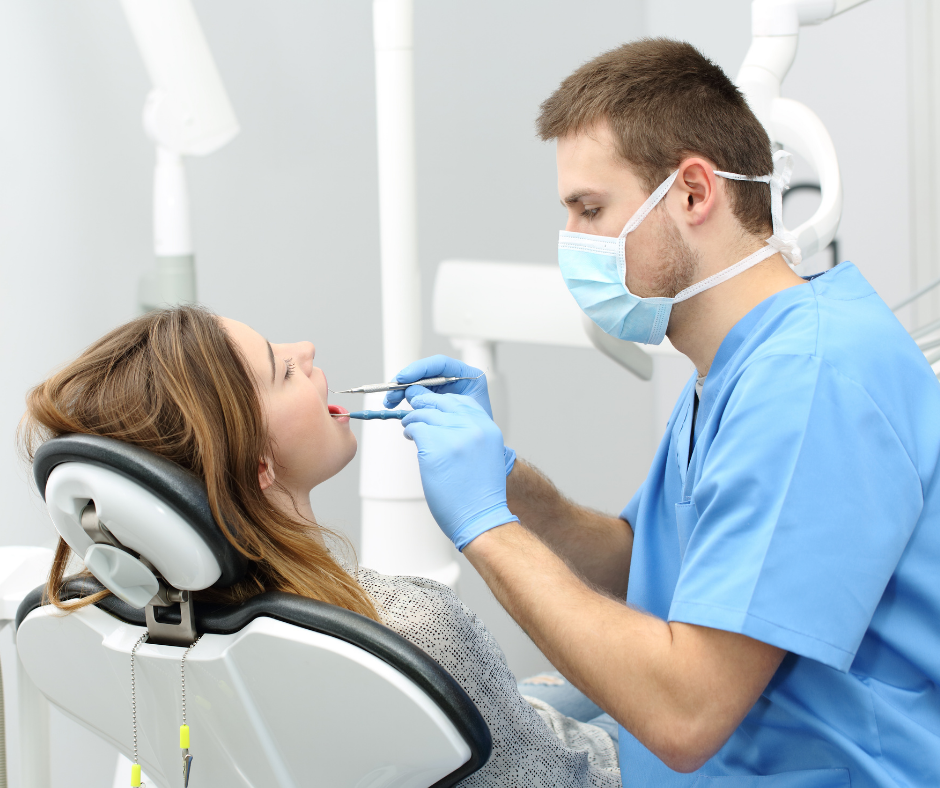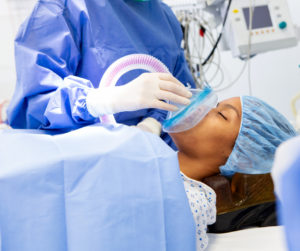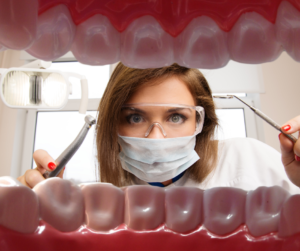Thanks to today’s technology, root canal procedures feel almost no different than a cavity filling procedure. Endodontists use a local anesthetic to numb the infected area without having to sedate you. However, the recovery process can be a little uncomfortable and sometimes painful, but you can take steps to speed things up and reduce unwanted side effects. Here are aftercare tips that’ll get you back to full dental health as efficiently as possible.
1. Follow the instructions from your dentist or endodontist
After a root canal, your dentist or endodontist will tell you which medications to take and provide advice on what to eat and how to manage symptoms. It’s crucial to follow their instructions to ensure a smooth and speedy recovery. There’s no need to panic – symptoms are usually mild and start subsiding after a few hours. Antibiotics might be required to prevent infection. If you’ve been prescribed antibiotics, make sure you take the full course.
2. Explain your extenuating circumstances
In rare situations, pre-existing health conditions and medication requirements can interfere with conventional medications prescribed by endodontists for root canal recoveries. You will likely discuss these with your endodontist before the procedure, but if you have any concerns, don’t be afraid to raise them. Your endodontists can put your mind at ease.
3. Don’t eat right away
You should avoid eating until the numbing effects of the local anesthetic wear off, which usually takes two to five hours. Until you regain feeling in your mouth, you run the risk of accidentally biting your tongue and inner cheeks.
4. Consider pain medication
Many people experience discomfort and pain in their gums and jaws after the numbness subsides. You can help prevent and alleviate such symptoms by taking over-the-counter medications such as Ibuprofen if not contraindicated before the pain kicks in. Your dentist or endodontist can provide advice and recommendations on pain medication.
5. Chew carefully
Avoid chewing hard food on your tooth till you get your final restoration completed by your general dentist.
6. Make sure your tooth kept the seal
In case your temporary filling after your root canal comes out, please contact your endodontist or general dentist to replace it as soon as possible to prevent the tooth from getting infected by bacteria in your saliva.
7. Timely restoration
After completion of the root canal, the top part of the tooth must be restored as soon as possible to avoid tooth fracture, especially for back teeth.
8. Maintain your daily dental hygiene routine
Modern root canals are relatively non-invasive procedures, so you should stay on top of your oral hygiene routine, as usual, to keep everything in good shape. You don’t want to let plaque build up on your newly repaired tooth. Brush at least twice daily and floss at least once. You can also use an antiseptic mouthwash to keep things fresh.
9. Contact your dentist
If you think you might be suffering from adverse side effects following your root canal procedure, it’s best to speak to a professional rather than leave things to chance. Addressing issues quickly is always best for your health and finances in the long run. Book an appointment with us, and we’ll make sure everything is in check.
Testimonial from Kayra, Dr. Nour’s Patient in Huntington Beach, CA
My grandpa went to a general office to have a root canal procedure done, already having been in pain for the past month doctors were unable to continue with his procedure. He needed to be referred to a specialist, upon research I came across Dr.Nour. His reviews made him seem like a trustworthy choice. I’m glad to say that the experience with Dr. Nour and his office was AMAZING! They were very attentive to his needs and concerns at all times. They were able to go through with the procedure. A week later and my grandpa is no longer experiencing pain and is very thankful for Dr. Nour and his work. I will recommend him to anyone in need of an Endodontist.





